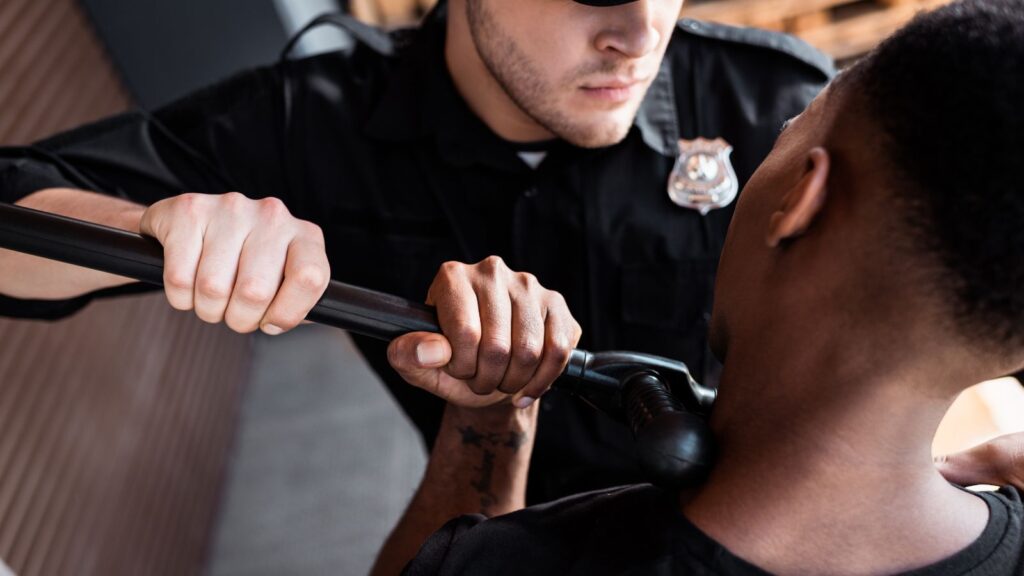Whether it’s your car parked out front or the cash in your wallet, the rules about what cops can do might surprise you. Here are 18 controversial things police can legally do to you and your property. You might be surprised at just how broad police powers can be.
Search Your Car With Probable Cause
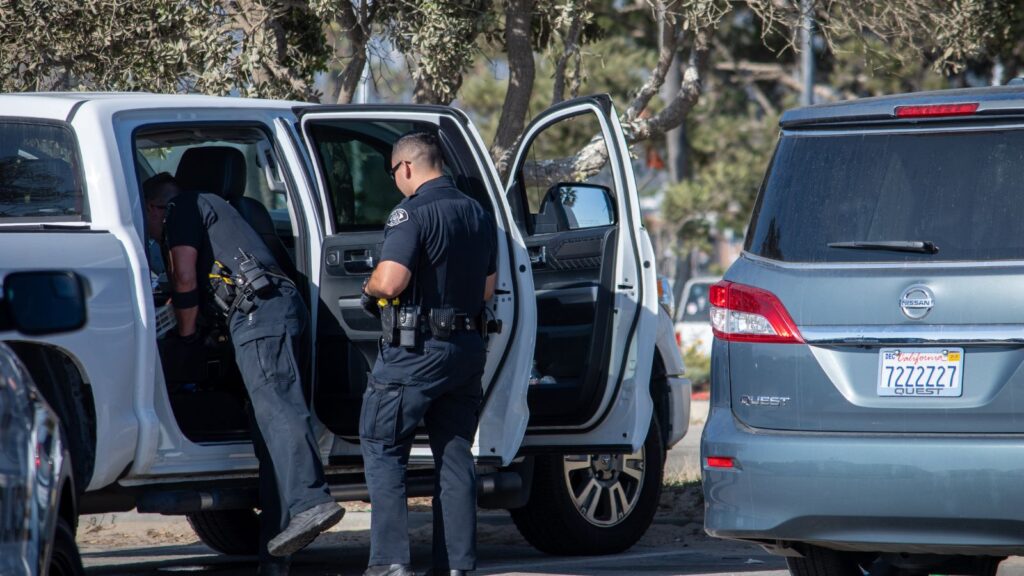
If a cop pulls you over and thinks something fishy might be happening, such as smelling something odd or seeing something suspicious, they can search your car without a warrant. This is known as “probable cause.” As long as they have a good reason to believe there’s evidence of a crime in your car, they’re allowed to snoop around.
Freeze Bank Accounts in Criminal Investigations

Are you caught up in a criminal investigation? The police might freeze your bank accounts to stop your money from flowing, but only if they think it’s being used for illegal activities, like drug trafficking or fraud. This is meant to be a preventative measure to keep things from escalating or evidence from disappearing.
Seize Property Connected to Crime

Cops can actually take away your property if they think it’s connected to a crime, including your car and money. If they believe your house was bought with dirty money or used in criminal activities, they can take it, too, as part of civil asset forfeiture. Usually, it’ll be returned, but not if the property was used in a crime.
Access Your Online Data With a Warrant

Cops with a warrant can look into your digital life and access things like your emails or your cloud storage to gather evidence. Of course, they’ll need a judge to agree there’s enough reason to snoop around your online data. As such, they’ll respect your privacy until there’s enough proof to justify such an intrusion.
Track Your Location With GPS

With the right warrant, police can track where you’re going using GPS, especially in serious criminal cases, to see if someone’s movements align with where crimes happened. A court must approve this tracking first, and there needs to be a solid reason behind it. This way, they’re not misusing such a powerful tool.
Conduct Surveillance Without Informing You
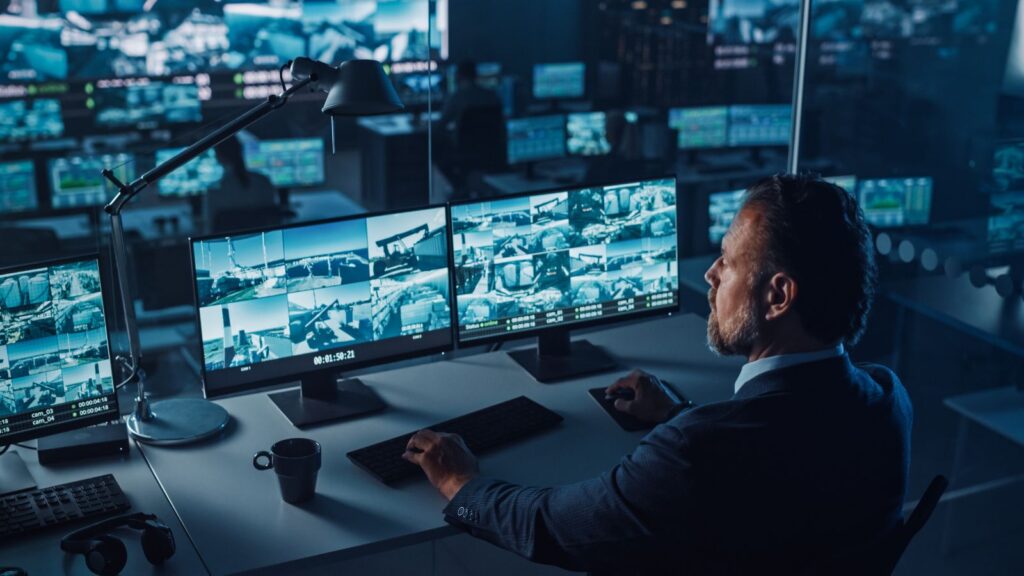
Sometimes, the police can watch over you without you ever knowing, which includes following you around or using undercover officers. They’re trying to gather information without tipping off the person they’re investigating. Doing so can be pretty important in sensitive cases, where alerting the subject could compromise the investigation or even pose a larger risk to the public.
Enter Your Home With a Search Warrant
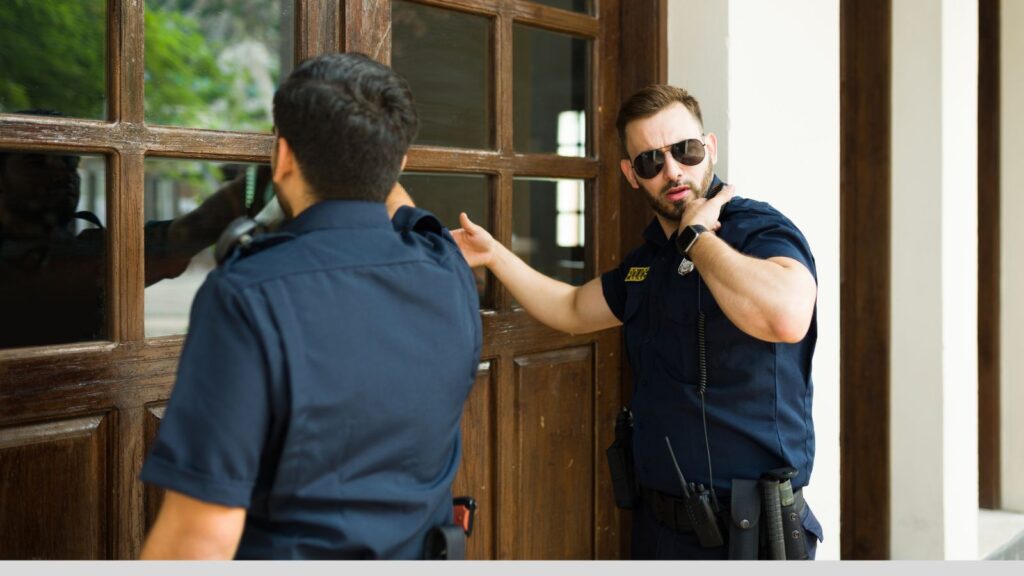
A judge can give the police a warrant to search your home for evidence. Of course, they need to convince the judge that they have a real reason to search your property, but if they get this, then you legally have to allow them in. The law will protect your rights as long as the book does everything.
Remove Obstacles in Emergencies
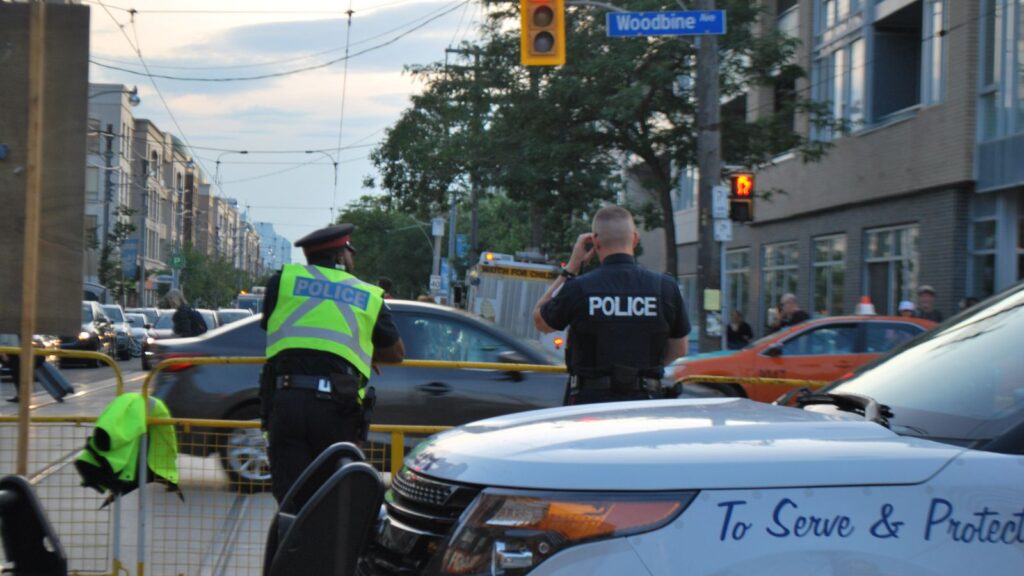
In emergencies, like a high-speed chase or when there’s a threat nearby, police can clear out cars or other property to control the situation. The aim is to keep people safe and handle the crisis properly. They need to do this to avoid any further danger or at least make it easier to manage the ongoing emergency.
Commandeer Private Property Temporarily

Similarly, during natural disasters like floods or wildfires, police might need to use your place for a bit. They may set up a command center or give people a spot to stay safe, and they’re legally allowed to do so. While it’s a big ask, this is meant to help them handle the situation as best as possible.
Use of Stingrays for Cellphone Surveillance

The police may use devices called Stingrays to mimic cell towers and intercept mobile phone communications. Stingrays allow them to collect data from targeted individuals and other phones in the area. As you might expect, some critics argue that this method is a bit too invasive because it can collect information from people who aren’t suspects at all.
Implement No-Knock Warrants

In certain high-risk situations, cops can carry out no-knock warrants, which allow them to enter a property without prior warning. This practice is meant to stop suspects from destroying evidence or preparing for a fight, but it’s pretty controversial. Some people are concerned that it can violate people’s rights.
Deploy Facial Recognition Technology

Some police departments might use facial recognition technology to identify suspects by scanning crowds or analyzing video footage. Unfortunately, this tool isn’t exactly fair, as research shows that it often targets minority groups unfairly. Others are worried that it can infringe on their privacy.
Enforce Anti-Loitering Ordinances
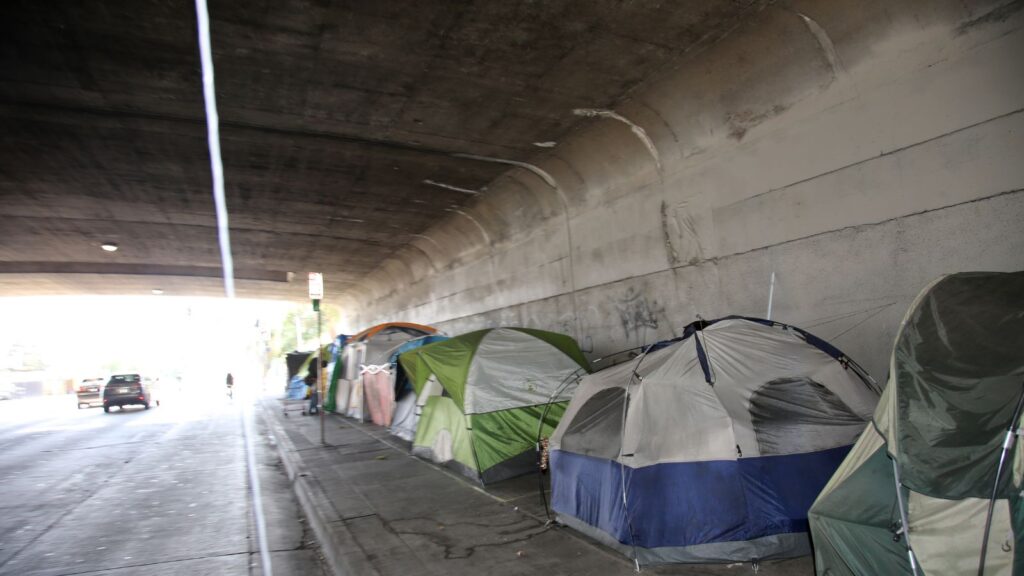
Police have the right to enforce anti-loitering laws, which are controversial because there’s no strict definition of how to use them. Law enforcement may use these rules to target specific groups like the homeless or youth. Critics claim these laws are simply to police behavior in public spaces instead of actually being used for good.
Conduct Mass Surveillance at Public Events
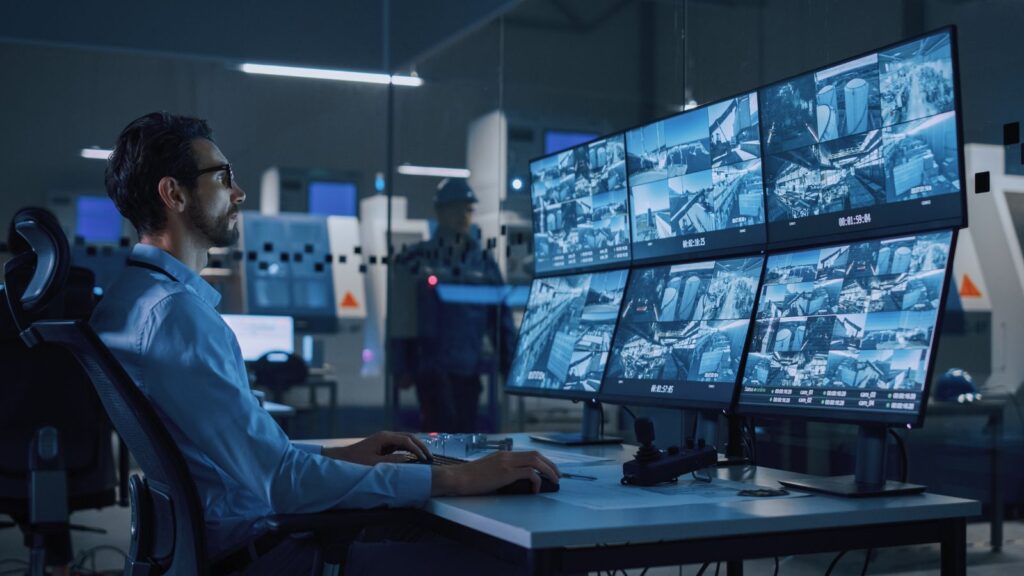
During large public events, it’s normal for the police to use cameras and other technology to conduct mass surveillance. While this is meant to keep us safe, some people see it as an example of overreach and worry about people’s right to privacy when they’re attending public gatherings.
Access Bank Records Without a Warrant

Under specific circumstances, police can access someone’s bank records without a warrant using subpoenas or other legal tools. They’ll usually use this in financial crime investigations, and they can sometimes do it even if you’re not convicted of a crime. Just imagine the cops being able to snoop in your accounts without your permission. Pretty creepy, right?
Impose Geographic Exclusions

Police can ban people from certain areas thanks to geographic exclusion orders. They’ll use these laws against anyone who’s been repeatedly involved in local disturbances, and these measures are meant to stop crime in specific areas. Unfortunately, they can also restrict a person’s movement and access to community resources.
Use of Predictive Policing Algorithms
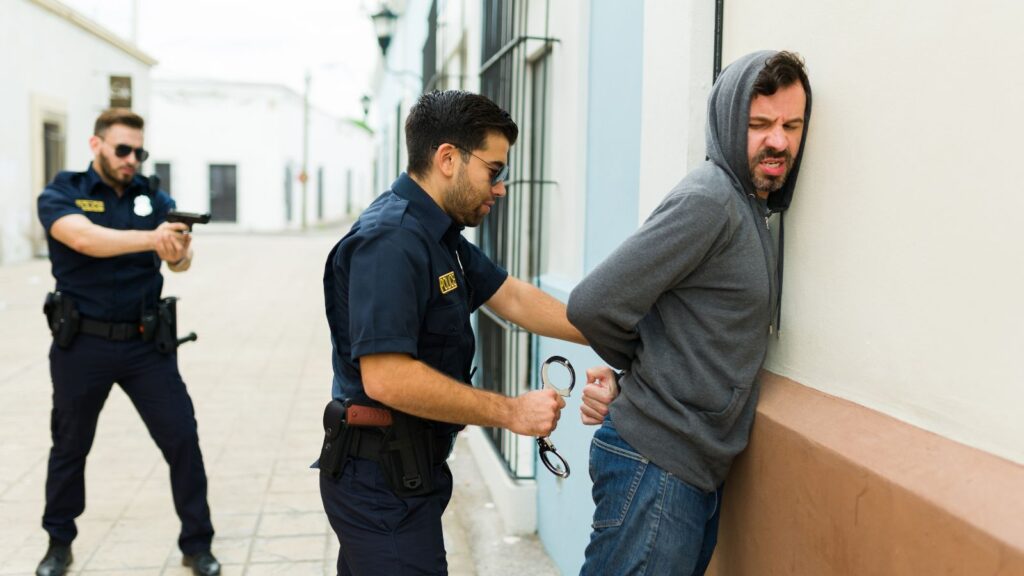
Some police departments use predictive policing algorithms to predict where crimes might happen and who might commit them. These algorithms analyze data to identify potential hotspots and individuals. Although it’s meant to prevent crime, some critics believe that it reinforces biases, as it often targets communities that the police are already watching.
Conduct Strip Searches in Custody
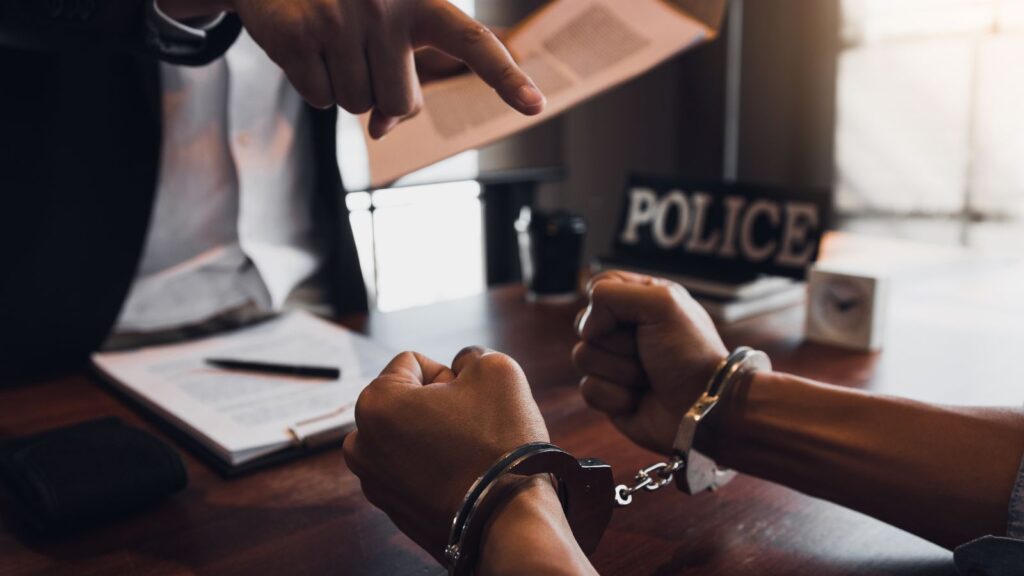
When someone is taken into custody, police can do strip searches to make sure no contraband or weapons are hidden. As you might imagine, it’s pretty controversial, especially if they do it without solid suspicion or during minor offenses. Many people claim it’s both humiliating and invasive.
19 Grim Realities of Dating After 50 That Are Often Overlooked

19 Grim Realities of Dating After 50 That Are Often Overlooked
26 Things That Will Be Extinct Because Millennials Refuse to Buy Them

26 Things That Will Be Extinct Because Millennials Refuse to Buy Them
24 Outdated Slang Terms You Absolutely Shouldn’t Be Using Anymore

24 Outdated Slang Terms You Absolutely Shouldn’t Be Using Anymore
25 Hardest Parts About Getting Older That No One Ever Talks About

25 Hardest Parts About Getting Older That No One Ever Talks About

